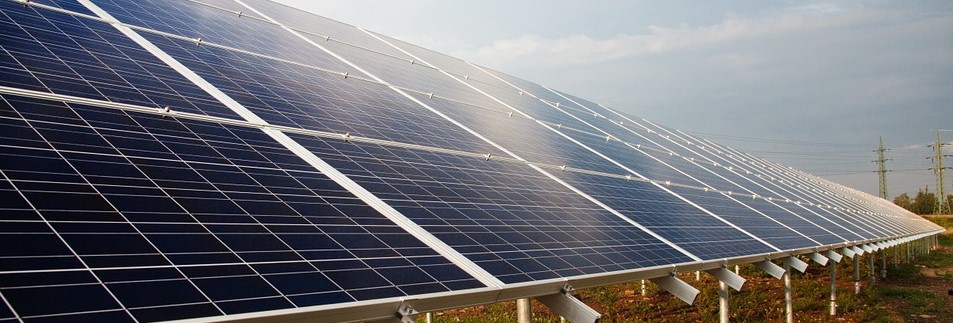Research

CIERP analyzes critical global environmental problems through an interdisciplinary approach. We identify underlying scientific, social, economic, and technological dimensions of these issues, and then use multiple tools to find effective, sustainable solutions, drawing on fields that include international law, political science, and economics. Our work is empirical, inductive, and grounded in theory. CIERP also studies the evolution of international negotiations and agreements on environment and resource issues.
Our work includes:
- Scholarly research for the international academic community;
- Policy research that evaluates current programs or proposes new approaches; and
- Applied policy development in collaboration with government agencies, the private sector, and international NGOs.
Explore our areas of research below:
The energy sector poses enormous challenges and opportunities for world leaders today. At CIERP, we cultivate policy-relevant knowledge to address energy- related challenges and opportunities. We focus on policy for energy innovation, climate change, energy security, energy access, and sustainable prosperity.
Research Group:
We study which energy and climate policies work, which don't, and why. in policy contexts around the world. CPL serves as a virtual lab for international comparative policy analysis, conducting rigorous evidence-based research to provide rapid and concrete answers to questions posed by policymakers.
Faculty:
At CIERP, we develop new models that promote both environmental protection and economic development based on the assertion that the two are an interrelated and inseparable mechanism to promote human well-being. We work to understand this relationship by quantifying the value of environmental goods and services and evaluating the impact of environmental policies.
Faculty:
CIERP seeks to understand the impact of information technology on the agriculture sector particularly in sub-Saharan Africa. We collaborate with NGOs and governments to understand the barriers and conduct impact evaluations on the adoption of agricultural technologies, as well as design different interventions to address these barriers.
Partnership:
Faculty:
Research in this areas examines international negotiation processes and governance mechanisms needed to address an ever expanding set of sustainable development challenges. Such challenges require new modes of stakeholder engagement and institutions that can operate at the intersection of human-environment systems.
Projects:
We analyze the system of global governance itself through the lens of sustainable development, and investigate with this project how alliances/coalitions can mobilize to create sustainable global governance.
Faculty:
Research in this areas spans international water policy and management, cooperation and conflict over shared surface and groundwaters, and the connections between marine ecosystems and international security.
Research Group:
The Fletcher School’s Shared Waters Lab at Tufts University is a research initiative that works to explore the complexities surrounding cooperation over freshwater resources that transect or define boundaries, with the aim to promote and encourage effective cooperative processes that are equitable and sustainable.
